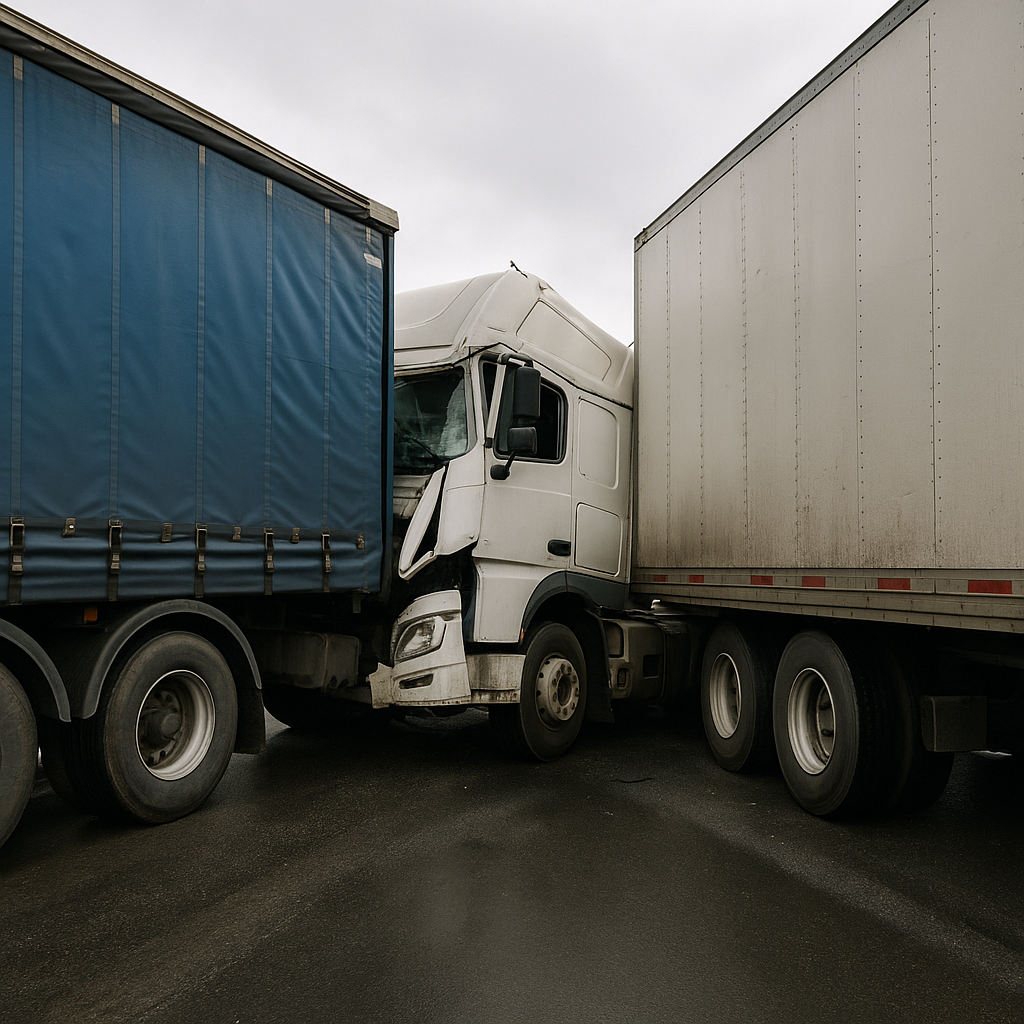Washington Supreme Court – Third‑Party Liability in Multi‑Truck Crashes
When multiple trucks collide on Washington highways, the aftermath is often devastating. But beyond the immediate injuries and property damage lies a critical legal question: who can be held responsible? A recent review by the Washington Supreme Court highlights the growing importance of third‑party liability in truck accidents — cases where companies other than the employer may share legal responsibility.
Imagine a chain‑reaction crash involving a delivery truck, a contracted maintenance provider, and a parts supplier. Most people assume the truck driver’s employer carries all the liability. But what happens when evidence shows that faulty maintenance, defective brakes, or subcontracted negligence contributed to the accident? In those situations, victims may have claims against multiple parties beyond the driver’s company.
Why does this matter to injured drivers and passengers? Truck crashes often cause catastrophic harm — spinal injuries, traumatic brain injuries, and permanent disability. The costs can quickly surpass basic insurance limits. Identifying all responsible parties ensures victims can access the compensation they need for medical bills, lost wages, and long‑term care. It also encourages accountability throughout the supply chain, from manufacturers to maintenance contractors.
The court’s review emphasized the importance of investigating the entire ecosystem of responsibility. Plaintiffs’ attorneys are increasingly examining:
- Manufacturers – Did defective brakes, tires, or steering components play a role?
- Maintenance Contractors – Were inspection logs falsified or service skipped to save costs?
- Freight Brokers and Shippers – Did they pressure drivers to operate beyond safe hours or overload cargo?
One embedded question emerges: How often do crashes happen because every company involved assumed someone else would handle safety? This legal scrutiny shifts some focus away from just the driver and employer, widening the lens to corporate practices that can quietly create risk.
For injured victims, timing is critical. Washington has strict statutes of limitation on personal injury claims, and evidence can vanish quickly — skid marks fade, maintenance logs are shredded, and black box data can be overwritten. Acting quickly with a qualified attorney allows for subpoenas and preservation letters that lock down vital records before they disappear.
This focus on third‑party liability also serves the community at large. When manufacturers, contractors, and shippers know they can be held accountable, they are more likely to maintain safe practices. And that means fewer catastrophic pile‑ups on I‑5, Highway 2, and other busy freight corridors.
Ultimately, multi‑truck crashes are about more than one bad moment on the road. They are about the systems that allowed that moment to happen. The Washington Supreme Court’s review signals that responsibility can extend far beyond the cab of the truck, and that victims have more paths to justice than ever before.


